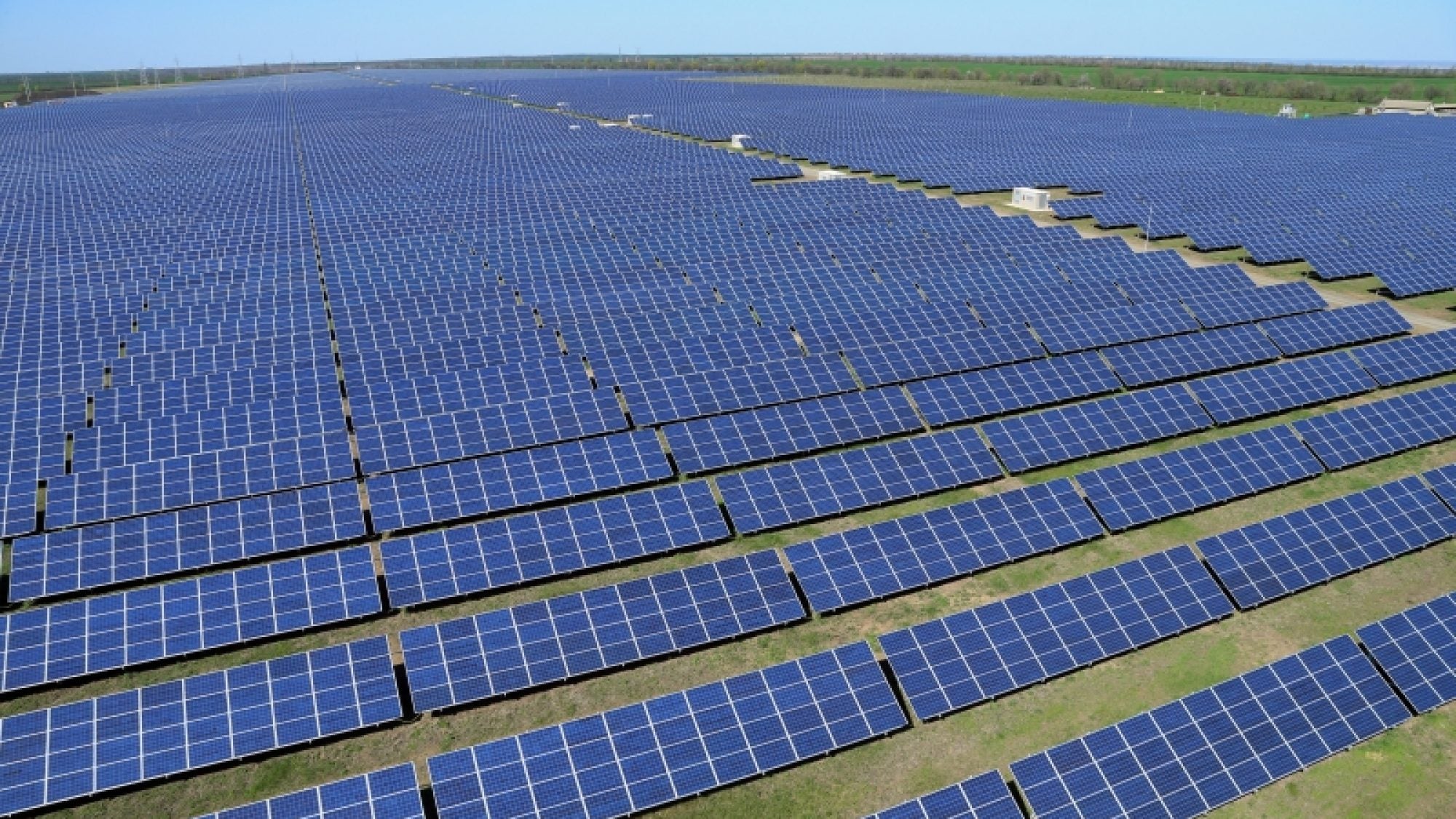
Title: Introduction by Paul Sullivan
Click here to view as PDF || Shop the Entire Current Issue- The Future of Energy || Return to The Future of Energy index
Energy security and environmental security are two of the most important issues the world will face in the coming decades. These are often extremely complex topics. They are also sometimes emotionally laden. There are many different perspectives on the many problems involved. The editors of this journal have put together an eclectic group of articles by authors coming from many of these different perspectives. One could wonder about the conversations and arguments that might result if the writers were all at the same dinner table. I doubt it would be a quiet evening; it would certainly be full of fascinating debate and maybe more than a few moments of intellectual tension.
Joshua Meltzer could start the discussion from his paper on “Capping CO2 Emissions from Aviation under the European Cap and Trade System.” The EU has tried to make its Emissions Trading Scheme (ETS) extraterritorial in its application to aviation. Meltzer does an excellent job of trying to make sense of the EU’s argument as well as the positions of the United States, Saudi Arabia, and others who do not want this system applied to their airlines. The issues of pricing carbon and of handing out “free” emissions allowances in a phased-out manner over time are considered. Problems that developing countries face in this situation as well as some potential unintended consequences are also discussed.
Rainer Baake and Joshua Meltzer would likely get along at the table conversation. Baake presents what he sees as Germany’s movement toward a green energy future and away from nuclear energy and hydrocarbons. The driving underlying assumptions of his article and that of Meltzer seem to be one and the same: the use of hydrocarbons is a big problem for the environment. The hydrocarbon independence that Baake is arguing for is really just for electricity. Germany is not moving as quickly to delink its transport and industrial systems from hydrocarbons. Baake thinks this drive toward a green energy future in Germany is not only possible, but also necessary. The fact that Germany is also turning more to imported coal as it moves away from nuclear power is not part of this article. The fact that some other EU countries movements away from nuclear power in their own countries resulted in their being huge importers of nuclear-powered electricity from other countries is also not mentioned. His ideas should be commended, but his optimism on Germany’s complete shift to solar and wind power surely would be questioned by the others at the table.
Matthew Futch dives right into another very important issue with regard to future electricity systems: the smart grid. He goes into some of the more important aspects of what the smart grid is and how it might improve electricity systems. His focus is on distributed energy and renewables. Meltzer and Baake would likely agree with some of their conclusions and arguments. However, as with Baake, Futch seems to neglect the problem of intermittency with renewables and also the problems of electricity storage. One would hope these issues would be resolved by the smart grid, but the investments needed to do this would be massive and would need to take place over a very long period of time.
Anton Eberhard and Katharine Nawaal Gratwick present us with an important discussion of the problems and prospects of such investments in the energy systems of Africa, one of the most energy poor regions. They get to the nuts and bolts, and the hard calculations that are needed to weigh the risks and returns to investments and Africa. They also discuss what countries and companies are involved in such investments and developments, and what countries and companies may be involved in the future. Much needs to be done to develop energy systems in Sub-Saharan Africa. Eberhard and Gratwick point us in some important directions. They also point the way to how some of the huge risks involved in investments in Africa may be mitigated.
Fatih Birol, one of the great minds of international energy security, is inter- viewed on the potentials for Iraq’s oil and gas production, which are both quite significant. He answers some tough questions about how this might affect regional and world markets for energy, and how the politics of Iraq and the region might get involved in the development of Iraq’s energy systems. He goes into other issues, but I will not ruin the plot for the rest of you. This is the sort of interview energy leaders and leaders in Iraq, the general Middle East, and surely the United States should be reading very carefully.
Kevin Massy and John Banks keep the reader in the Middle East, but refocus on nuclear power. They discuss some of the reasoning behind why these countries want nuclear power, such as expected huge increases in electricity demand and the need for desalinization, especially in Jordan and the UAE. They also look into the many differences in the way each of this region’s countries has approached nuclear power developments. One of the most important ideas put forth in this paper is that of “soft infrastructure.” Most countries focus on developing the hard infrastructure needed to have nuclear power. Massy and Banks point out that it is also important for these countries to develop the “soft infrastructure” of human capital, skills, education, a safety culture, and a rule of law. They also clearly note the importance of developing quality control and regulatory competence. The significance of having all of the relevant stakeholders buying into the program for the long run is also stressed. They argue that these countries should overcome reliance on expatriates and start developing their own experts for the very long run.
Hossein Askari considers conflicts, upheavals, and disruptions in the Middle East as the most important explanatory variables for price spikes in the last few decades. He goes through some of the tragic history of the region and the oil price shocks that resulted. He also looks at how massive increases in current account surpluses in some oil exporters due to these many shocking events have sometimes disrupted world financial markets. His description of how prices are determined in oil markets will certainly produce dissent; however, he presents his case in a way that many could learn from. He concludes that there could be many policies that could be developed by the United States and the rest of the international community that might reduce the chances of conflicts, upheavals, and disruptions in the Middle East. One is that the United States should join the International Criminal Court. Another is that it could propose and sign an international agreement that stipulates that the funds of sovereign wealth funds should not be frozen, sanctioned, or taxed. These are unlikely to happen. However, these and some of his other policy and theoretical arguments will certainly be contentious food for thought in Washington and in many other places.
Spencer Abraham and Mark Mills take a very different approach from many of the other authors. They look at hydrocarbons as being in the future energy mix for a long time to come. They also see the focus on changes to renewables to be something of a threat to economic security. Their focus on energy security is more toward new technologies that are producing more hydrocarbons, such as hydraulic fracturing for shale oil and shale gas, and less on the disruptive technologies of “green energy.” They see the future of U.S. energy security to be in the promotion of hydrocarbons and the commitment to more hydrocarbon infrastructure, such as pipelines, rail, ports, refineries, and more. They see our future in greater domestic production of energy and the development of energy alliances. Unlike many others in this edition renewables are not seen as a big part of the picture by Abraham and Mills. It is not that they do not see it as part of the future energy mixes, just not the important part that many would hope they would be.
Another person who focuses on hydrocarbons with regard to energy security is Daniel Yergin. He is one of the giants of the energy industry. What he has to say usually has a lot of weight with those who make the important decisions in the public and private sec- tors. In this interview he discusses the importance of energy in the last elec- tion cycle, what he sees as energy security in the future, and his views of what greater energy security might look like. He has a couple of comments that con- tradict Baake’s views of where Germany might be going if they phase out nuclear power. Yergin also makes some rather interesting comments on the political situation in Russia and the growing importance of LNG in world markets. He has some important things to say on Iraq and Iran as well as where the U.S. and the world might be heading with natural gas and oil. Yergin is also a hydrocarbons man. Not much mention here about the environment and climate change, though.
As you are reading these fascinating, challenging, and, for some, contentious articles think about what it might be like to be at a dinner table with all of these excellent energy experts – at the same time. Then, go out and research for yourselves the issues they have brought up in these articles. It is time for national and international discussions on these topics. This issue of the Journal is a great place to open up such dialogue.
Paul Sullivan is adjunct professor of security studies at Georgetown University and adjunct Senior Scholar for Future Global Resource Security Threats with the Federation of American Scientists.
Image Credit: Activ Solar, CC BY-SA 2.0 <https://creativecommons.org/licenses/by-sa/2.0>, via Wikimedia Commons
This is an archived article. While every effort is made to conserve hyperlinks and information, GJIA’s archived content sources online content between 2011 – 2019 which may no longer be accessible or correct.
More News

This article examines the EU’s cyber diplomacy in Moldova’s parliamentary elections from September 28, 2025, which marked a new chapter in the bloc’s cyber diplomacy. Drawing on analysis of Russian…

Export controls on AI components have become central tools in great-power technology competition, though their full potential has yet to be realized. To maintain a competitive position in…

The Trump administration should prioritize biotechnology as a strategic asset for the United States using the military strategy framework of “ends, ways, and means” because biotechnology supports critical national objectives…